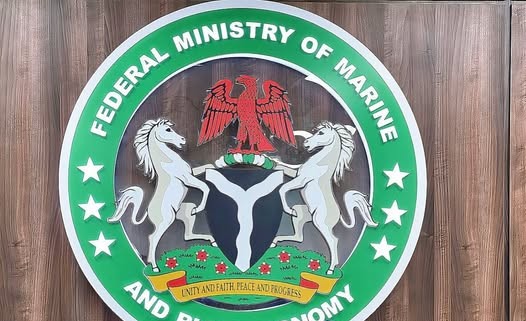Nigeria’s debt has skyrocketed to N46.25 trillion from N39.56 trillion in 2022, the Debt Management Office (DMO) disclosed in Abuja on Thursday.
The Director General of DMO, Mrs Patience Oniha, who disclosed this, said Nigeria’s total public debt may hit N77 trillion at the exit of the current administration.
According to the DMO, Nigeria witnessed 14.6 percent increase compared to N39.56 trn recorded on December 31, 2021.
She said the hike was due to new borrowings by the Federal Government and state government to fund budget deficit and execute projects.
The Debt Office also said another factor which contributed to the increase of the national debt stock is the issuance of Promissory Notes by the Federal Government to settle some liabilities.
“Among the reasons for the increase in total public debt stock were new borrowings by the Federal Government and sub-national governments, primarily to finance budget deficits and execute projects.
“The issuance of promissory notes by the Federal Government to settle some liabilities also contributed to growth in the debt stock,’’ the office said.
“Meanwhile, the total debt-to- Gross Domestic Product (GDP) ratio for Dec. 31, 2022 was 23.20 per cent. It indicates a slight increase from the figure of Dec. 31, 2021 at 22.47 per cent.
“The ratio of 23.20 percent is within the 40 percent limit self-imposed by Nigeria and the 55 percent limit recommended by World Bank/International Monetary Fund (IMF).
“It is also within the 70 percent limit recommended by the Economic Community of West African States (ECOWAS),’’ the DMO said.
Persecondnews earlier reported that Oniha hinted that the next administration may inherit a public debt stock of about N77 trn, raising concerns on how President-elect, Bola Tinubu, will face the challenge of rising debt vis-a-vis shrinking revenue and mounting CBN loans.
She said: “It will be safe to say that we will be looking at N77 trillion. While the debt is growing because of new borrowing, revenue is receiving significant importance.
“Like DMO always say, you can’t talk about debt without talking about revenue. We need the two to work together”.
It will be recalled that despite the growth of crude oil production in the month of December 2022 by 4.2 percent month-on-month to 1.23 million barrels per day, but still a short fall from the 1.8 million barrel per day allocated by Oil Producing and Exporting Countries (OPEC).
This amounted to $2.5 billion loss monthly at an average of $100pb, is a major factor to the reduced federal government revenue and increase in debt stock.





































Leave a comment